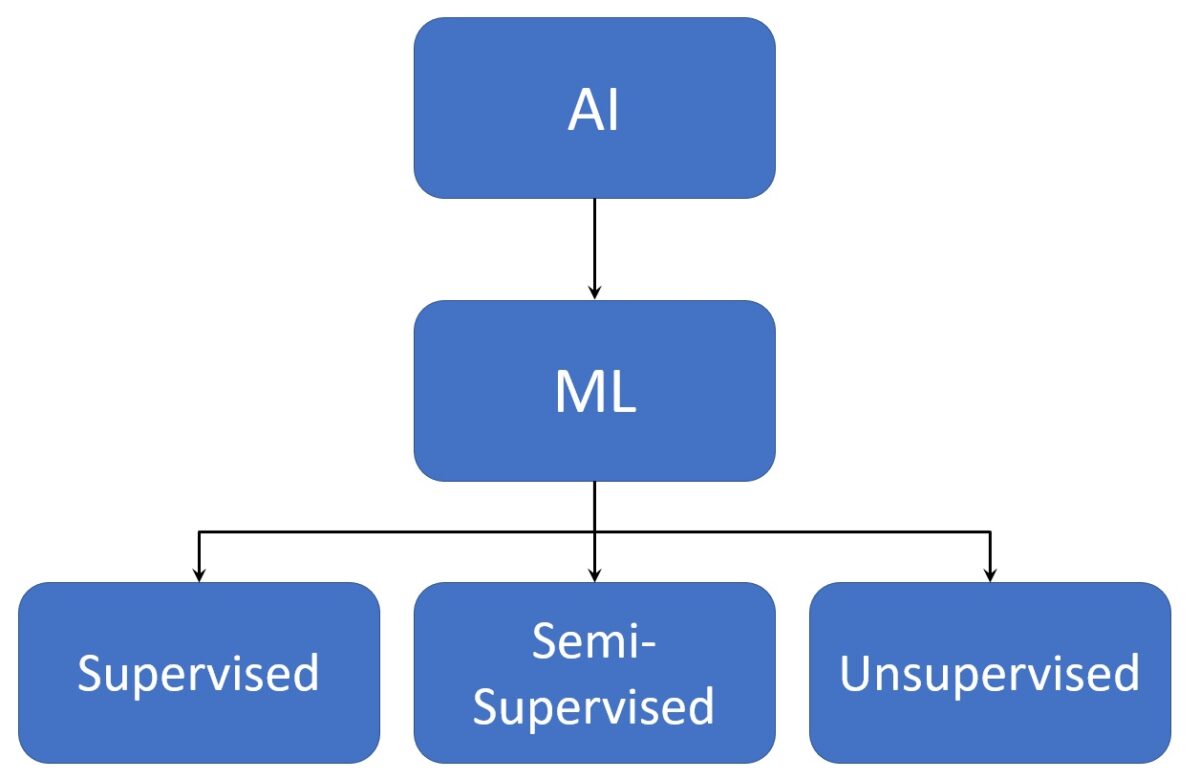Author: Prof Sherif Sultan, MD FRCS FACS PhD
- Western Vascular Institute, Department of Vascular and Endovascular Surgery, University Hospital Galway, National University of Ireland Galway, Ireland.
- Department of Vascular Surgery and Endovascular Surgery, Galway Clinic, Doughiska, Royal College of Surgeons in Ireland and the National University of Ireland Galway affiliated Hospital, Ireland.

The cardiovascular global workforce is undergoing a massive technological shift called the “Fifth Cardiovascular Revolution”. According to the World Economic Forum report, one-third of essential skillsets in 2025 will comprise technology skills not yet considered imperative to the job today.
As cardiovascular specialists and key opinion leaders, we must prepare to meet the technological demands and beyond. We must develop, deliver and learn how to survive the future of technology as innovators and early adaptors and lead through the “Fifth Cardiovascular Revolution”.
We have hands-on experience making artificial intelligence (AI), machine learning (ML), and Big Data Analysis (BDA) in healthcare drive real value and transform care delivery for patients and caregivers. AI raises the bar for the gold standard patient experience of personalized and frictionless healthcare journeys.
AI, ML, Deep Learning (DL), aided by Natural Language Processing (NLP), Computer Vision, Robotics, and Reinforcement Learning, all offer opportunities to improve cardiovascular healthcare delivery.
The primary aim is to predict cardiovascular morbidity and mortality accurately over time by exploiting AI and BDA technologies in a ‘what’ scenario rather than the ‘how’ one. AI and BDA were employed to identify high-risk patients, with the more precise prediction for cardiovascular and oncologic medical emergencies accurately to age disease occurrence, relapse or transition into another disease state.
ML supervised and unsupervised techniques could be applied to identify patterns in medical images, videos, or structured medical records to classify, understand, and help diagnose various diseases.
DL allowed rapid advances in medical image processing and pattern recognition algorithms. The application of DL techniques in cardiopulmonary imaging led to early detection of lung nodules and the recognition of malignancy by analyzing large amounts of clinical data and medical imaging data. Moreover, the usage of deep convolutional neural networks (CNNs) to predict postoperative right ventricular failure is a sign of future diagnostics.
NLP is concerned with developing techniques and algorithms to process and analyze large amounts of unstructured textual data. The advances in ML and DL intrigued many NLP researchers to develop various automatic techniques to solve various tasks. NLP is behind many “intelligent” real-world applications that we interact with daily such as Google Translate, Siri, Gmail’s Smart Compose/Reply, Duolingo and Grammarly.
Healthcare providers who will not join the fifth cardiovascular revolution, alongside artificial intelligence programs, will lose their jobs over time.
AI and BDA will grant improved deployment of scarce healthcare resources with personalized precision medical patient management plans. It will inform and impact policies and guidelines. AI/ML/BDA will expedite clinical trials. Furthermore, AI had created a paradigm shift in “disease management,” from providers waiting for individuals to become sick and present with symptoms and signs to healthcare organizations increasingly focused on disease prevention by proactively monitoring healthy individuals, performing preventative and wellness interventions, and managing prevention and wellness for at-risk individuals. Such paradox is the aim of precision health models emphasized by ML, DL, and NLP.
Current medical education is antiquated, AI and BDA will pioneer a new division in medicine. This professional hybrid physician, part-computer engineer, and data scientist will increasingly embark on new roles and shift from “oracle” to “counsellor” to the “COMENDA” physiCian, cOMputer ENgineer, DAta scientist. In this AI and BDA – empowered workforce, the proficiency to decipher clinical problems together will become more important than the knowledge of each practitioner.
Academic clinical centres must acquire teams with expertise implementing AI products developed or pioneered by other institutions. Orchestrating the introduction of new specializations coming from data science and engineering within healthcare delivery will become a critical skill in itself.
We can foresee that AI and BDA technologies will extensively influence our cardiovascular clinical practice within five years and augment patient care efforts. Over time, human clinicians will gear toward job designs and tasks that allow for uniquely human skills like empathy, persuasion and bigger-picture int